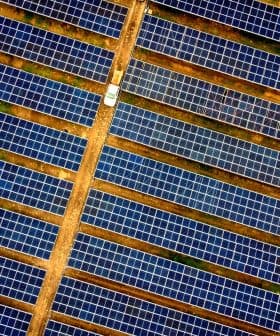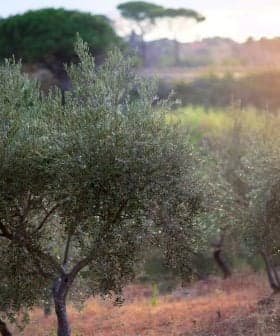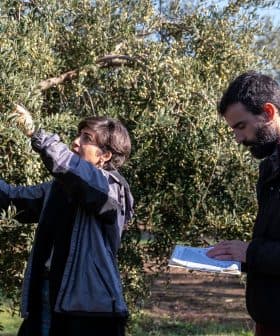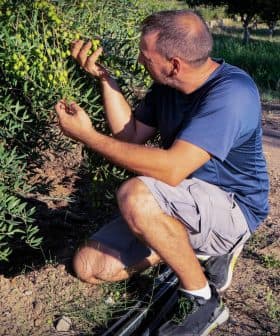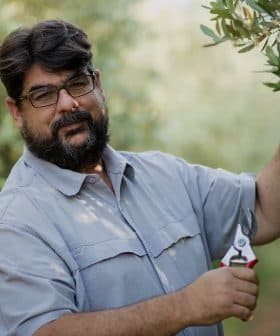Biodiversity Takes Center Stage at COP15 Summit
More than 100 countries have agreed to act to preserve natural habitats and biodiversity. How they intend to do this remains to be seen.
 COP15 UNFCCC Climate Change via Flickr
COP15 UNFCCC Climate Change via Flickr More than 100 nations at the COP15 summit in China agreed to protect biodiversity, with a focus on the 30 – 30 plan to preserve 30% of each country’s land by 2030, but no binding commitments were made. The summit aimed to address biodiversity loss, sustainable farming, plastic waste, and increasing participation of local communities, with uncertainties remaining on whether all countries will sign the pledge and ambitious goals.
More than 100 nations participating at the COP15 international summit in Kunming, China, have agreed to protect biodiversity.
Governments and institutions announced that protecting biodiversity will drive their future policies but did not present any binding commitment to do so.
Among the goals set by the summit was the so-called 30 – 30 plan: to preserve and protect at least 30 percent of each country’s land by 2030. However, a proposal to try and halt mass extinction did not find its way into the declaration’s final draft, which includes dozens of old and new biodiversity goals.
See Also:World Failing to Meet Emissions Reductions Pledged in Paris AgreementAt the first installment of COP15, with the second round to be held next year, United Nations biodiversity chief Elizabeth Maruma Mrema said that the world has reached “a moment of truth” and emphasized how all previous biodiversity policies have failed.
More specifically, the 2010 biodiversity agreement signed in Aichi, Japan, laid the groundwork for dozens of biodiversity protection strategies, none of which have come to fruition. A failure, said Maruma Mrema, which hit ecosystems that are essential for sustaining human well-being.
Farming is increasingly considered essential not only for reducing greenhouse gases but also for the role it can play in restoring habitats.
The COP15 final declaration draft intends to foster sustainable farming, which is also one of the goals set by various national green plans such as the European Union’s Green Deal.
The declaration also aims at increasing “ecosystem-based approaches” to address biodiversity loss, restore degraded regions, boost habitat resilience, mitigate and adapt to climate change and promote health, among other goals.
The declaration further calls for the growing participation of local communities and indigenous peoples in defining interventions focused on restoring and protecting biodiversity.
The countries that pledged to sign the declaration during next year’s COP15 final meeting have also agreed to implement new policies aimed at halting plastic waste, which is a ubiquitous global problem.
See Also:Europe Announces Plan to Plant 3 Billion Trees by 2030According to the United Nations Environment Program, one million plastic drinking bottles are purchased every minute, and five trillion single-use plastic bags are used worldwide every year.
“In total, half of all plastic produced is designed to be used only once, and then thrown away,” UNEP said.
In 2018, Great Britain’s Royal Statistical Society estimated that only nine percent of all plastic ever made will be recycled.
A study reported by National Geographic in 2018 showed that since the 1950s, humans have produced 8.3 billion metric tons of plastics.
A May 2021 article published in Nature hints at the widespread presence of micro-plastics on the planet as a potential biodiversity threat.
Plastics smaller than five millimeters have been found in all water and ground samples used for studying the phenomenon, such as deep oceans, Antarctic ice, shellfish, table salt, drinking water and beer. They were also funded in rain and snow, and will take dozens of years to degrade.
Uncertainties loom on the COP15 summits since it is not clear if all countries will sign the 30 – 30 pledge and the other most ambitious goals, including the major plastic producer and summit host, China.
The declaration will be submitted to the General Assembly of the United Nations and become part of the current tenants on sustainable development.
Share this article


